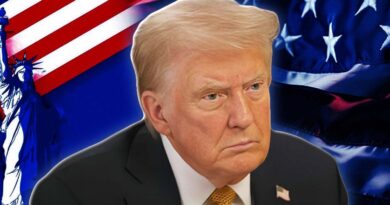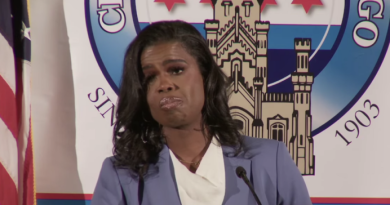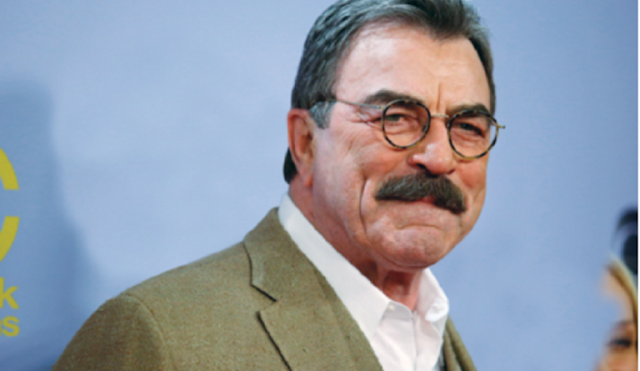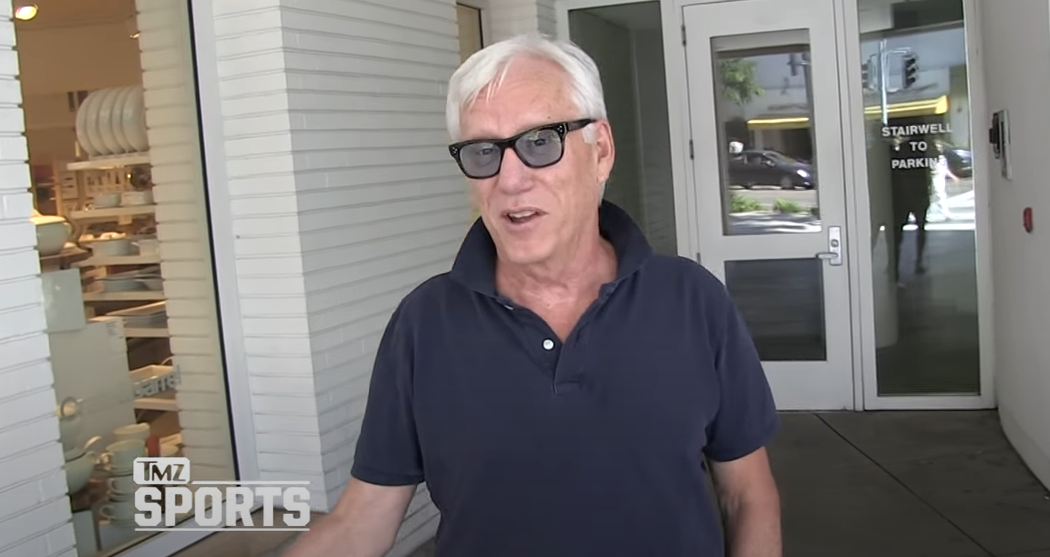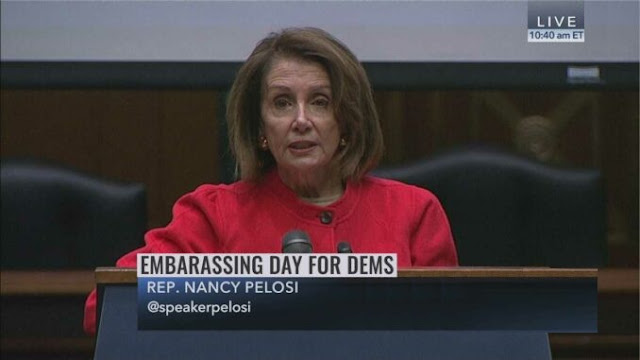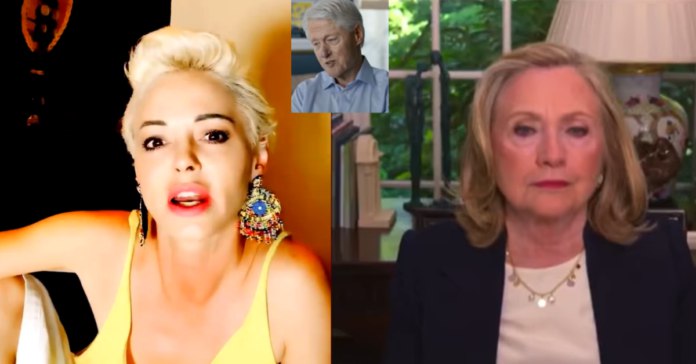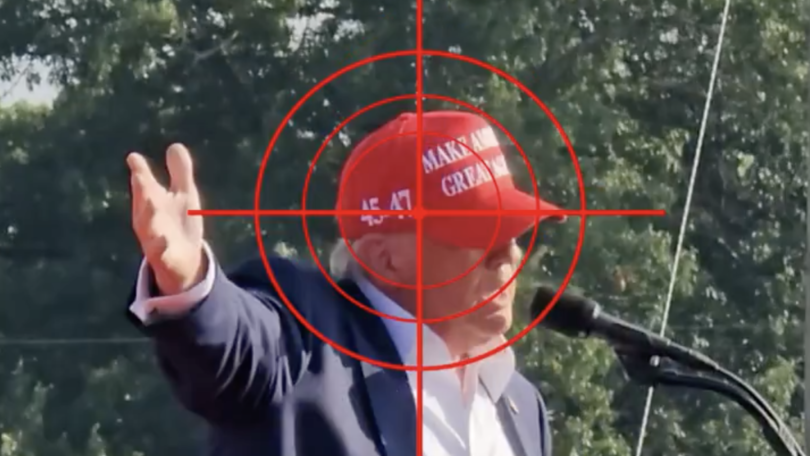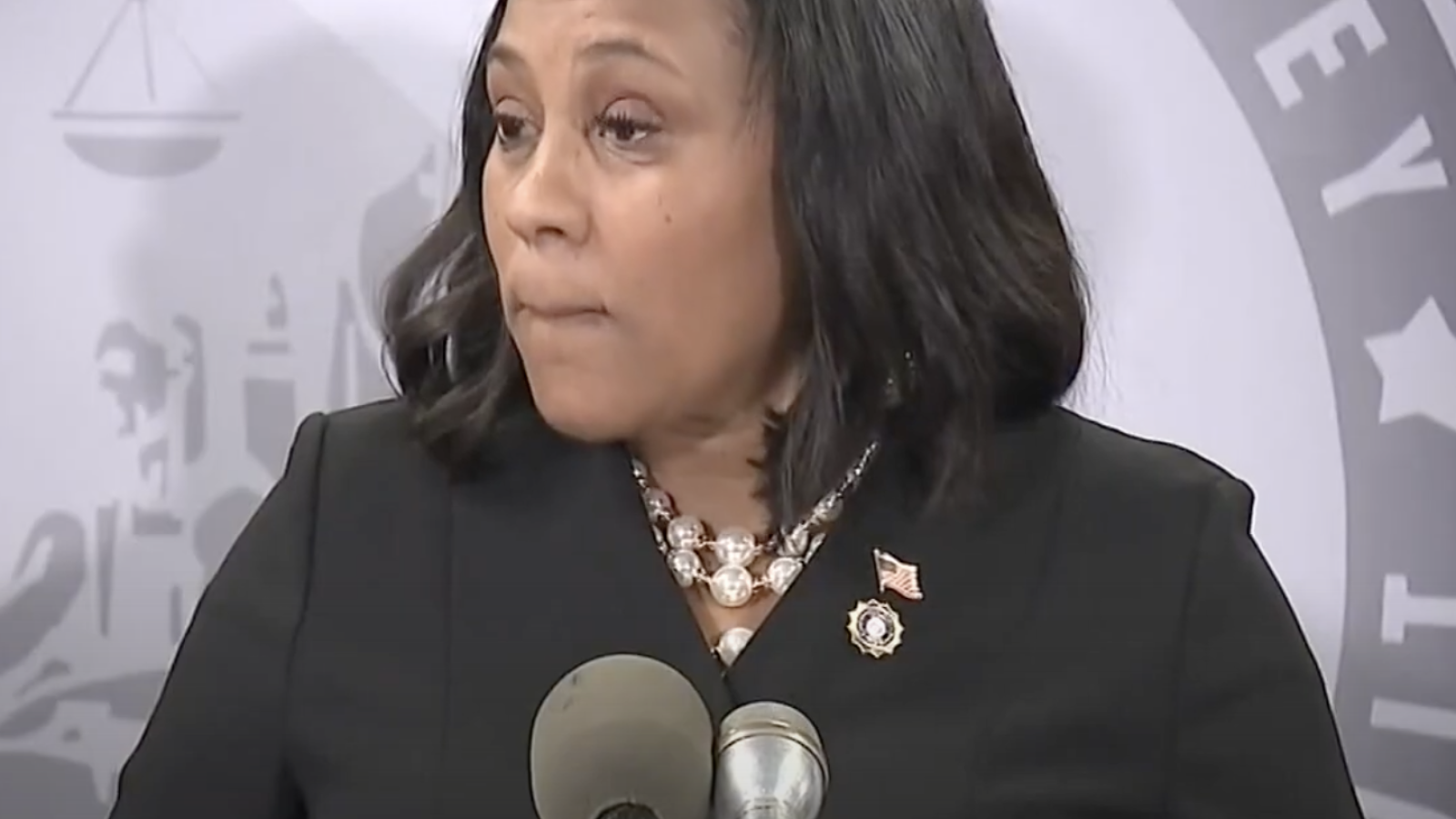“You poked the bear—now watch it roar”—Pete Hegseth launches $2 billion attack on CBS, NBC, and ABC-lyxinh
“You poked the bear—now watch it roar”—Pete Hegseth launches $2 billion attack on CBS, NBC, and ABC
The declaration was loud, sharp, and impossible to ignore. Pete Hegseth, a television personality known for his outspoken conservatism and fiery commentary, has announced what he calls the most ambitious media counteroffensive in decades: a $2 billion campaign aimed directly at CBS, NBC, and ABC. His words — “You poked the bear, now watch it roar” — were more than rhetoric. They were the opening salvo in what is already being called a new media war, one with stakes higher than anything seen since the early battles of cable news dominance.
Hegseth’s plan, at first dismissed by critics as a publicity stunt, is now taking on dimensions that can no longer be ignored. He has secured funding, gathered allies, and laid out a strategy that appears to challenge not only the credibility of the Big Three networks but also their very survival in an era of collapsing trust in mainstream journalism. According to insiders, the $2 billion figure is not symbolic; it represents a war chest assembled from private investors, political donors, and a network of wealthy backers who share Hegseth’s conviction that the legacy media empires have grown too powerful, too insulated, and too corrupt to continue unchallenged.
What exactly does the $2 billion attack entail? Hegseth has hinted at a multifaceted campaign that blends investigative journalism, independent programming, lawsuits, and aggressive advertising buys designed to expose and undermine the networks. One prong of the strategy reportedly involves hiring teams of investigators to comb through decades of archives, leaks, and insider testimonies, with the goal of unearthing scandals long buried beneath polished broadcasts. Another involves launching a new platform designed to directly compete with the Big Three on their own turf, but with a narrative counter to what Hegseth calls their “manufactured consensus.”
The announcement has rattled executives inside CBS, NBC, and ABC. Although none of the networks have issued official statements beyond vague affirmations of their commitment to “honest reporting,” behind closed doors the panic is palpable. According to sources, emergency meetings were convened within hours of Hegseth’s declaration, with top brass scrambling to assess vulnerabilities. Every anchor, producer, and executive is suddenly under the microscope, as the threat of exposure looms over institutions that, for decades, seemed untouchable.
What secrets are they hiding? That question now hangs heavily over the industry. Rumors have circulated for years about biased coverage, undisclosed relationships, financial entanglements, and editorial decisions shaped more by politics than truth. Whispers of suppressed stories and manipulated narratives have long simmered at the edges of public discourse. Hegseth’s campaign promises to bring those whispers into the light, armed with the resources to turn speculation into revelation.
Critics, however, are skeptical. They argue that Hegseth’s $2 billion war is less about truth and more about ideology, an attempt to dismantle mainstream institutions in order to replace them with outlets aligned with his political leanings. Media analysts point out that similar promises of exposure have been made before, often amounting to little more than flashy headlines and partisan outrage. Yet the sheer scale of the budget, combined with Hegseth’s unmistakable zeal, suggests that this time the fight could leave lasting scars on the industry.
The stakes extend far beyond the reputations of three networks. For decades, CBS, NBC, and ABC have represented the cornerstone of American broadcast journalism, shaping narratives, informing the public, and, in the eyes of many, maintaining an aura of authority that transcends partisan divides. If Hegseth succeeds in undermining that authority, it could accelerate the fragmentation of media into polarized camps, where trust is not earned through investigation but through affirmation of preexisting beliefs. America’s already fragile information ecosystem could become even more fractured.
Supporters of Hegseth view this as a necessary reckoning. They argue that mainstream media has long been shielded by its size and influence, insulated from accountability, and unresponsive to growing public distrust. They see the $2 billion war as an overdue correction, a challenge to institutions that have failed to adapt to a new era of transparency. Social media responses to his announcement ranged from jubilation to defiance, with hashtags declaring solidarity with the “roaring bear” trending within hours.
Opponents, meanwhile, warn of dangerous consequences. They argue that Hegseth’s crusade is less about truth and more about power, designed to weaken established institutions so that alternative narratives — often less rigorous and more partisan — can dominate. They worry that the campaign could erode not just the credibility of CBS, NBC, and ABC, but also the very idea of shared facts in American democracy. If every institution is under attack and every narrative is suspect, what remains to bind the public together?
As the first skirmishes unfold, Hegseth’s allies are already moving aggressively. Lawsuits are reportedly being prepared, challenging the networks on claims of defamation, false reporting, and breach of journalistic ethics. Advertising campaigns are being designed to air during prime-time slots, directly targeting viewers with accusations and alternative narratives. Independent documentarians have been hired to produce exposés, some of which are expected to feature whistleblowers and leaked documents that could rattle the industry to its core.
In the corridors of power, the political implications are also becoming clear. Lawmakers on both sides of the aisle are watching closely, some cheering the assault on institutions they view as hostile, others decrying it as an unprecedented attack on the free press. The White House has so far remained silent, though press aides privately admit that the administration is wary of being dragged into the conflict. The balance between defending the freedom of the press and addressing growing concerns about bias is a tightrope no politician seems eager to walk.
For ordinary Americans, the spectacle is both captivating and unsettling. Viewers who grew up trusting CBS, NBC, and ABC as the authoritative voices of the evening news now face the possibility that those institutions may be laid bare in ways they never imagined. Whether Hegseth’s campaign reveals shocking truths or devolves into partisan theater, it has already planted seeds of doubt that could erode the networks’ credibility further. In living rooms across the nation, conversations about trust, bias, and truth are taking on new urgency.
What comes next is uncertain. Hegseth has promised that the first major revelations will be released within months, hinting that bombshells are already in hand. The networks, meanwhile, are fortifying their defenses, preparing for a siege that could last years. Industry insiders whisper that some anchors and executives are already seeking legal counsel, anticipating personal scrutiny. The sense of dread inside those newsrooms is matched only by the sense of anticipation among Hegseth’s supporters, who eagerly await what they believe will be a long-overdue collapse of the media elite.
Whether this $2 billion war reshapes journalism forever or fizzles into political theater, one truth is undeniable: Pete Hegseth has forced the conversation into the open. The Big Three are no longer untouchable. Their secrets, real or imagined, are now the battlefield of a conflict that will test not just the networks, but the very idea of what it means to trust the media in America.
And as the bear roars, the rest of the nation watches, waiting to see whether the sound will shake the foundations of media power — or echo into history as yet another battle in an endless war over truth.


